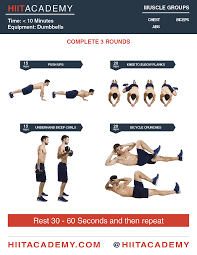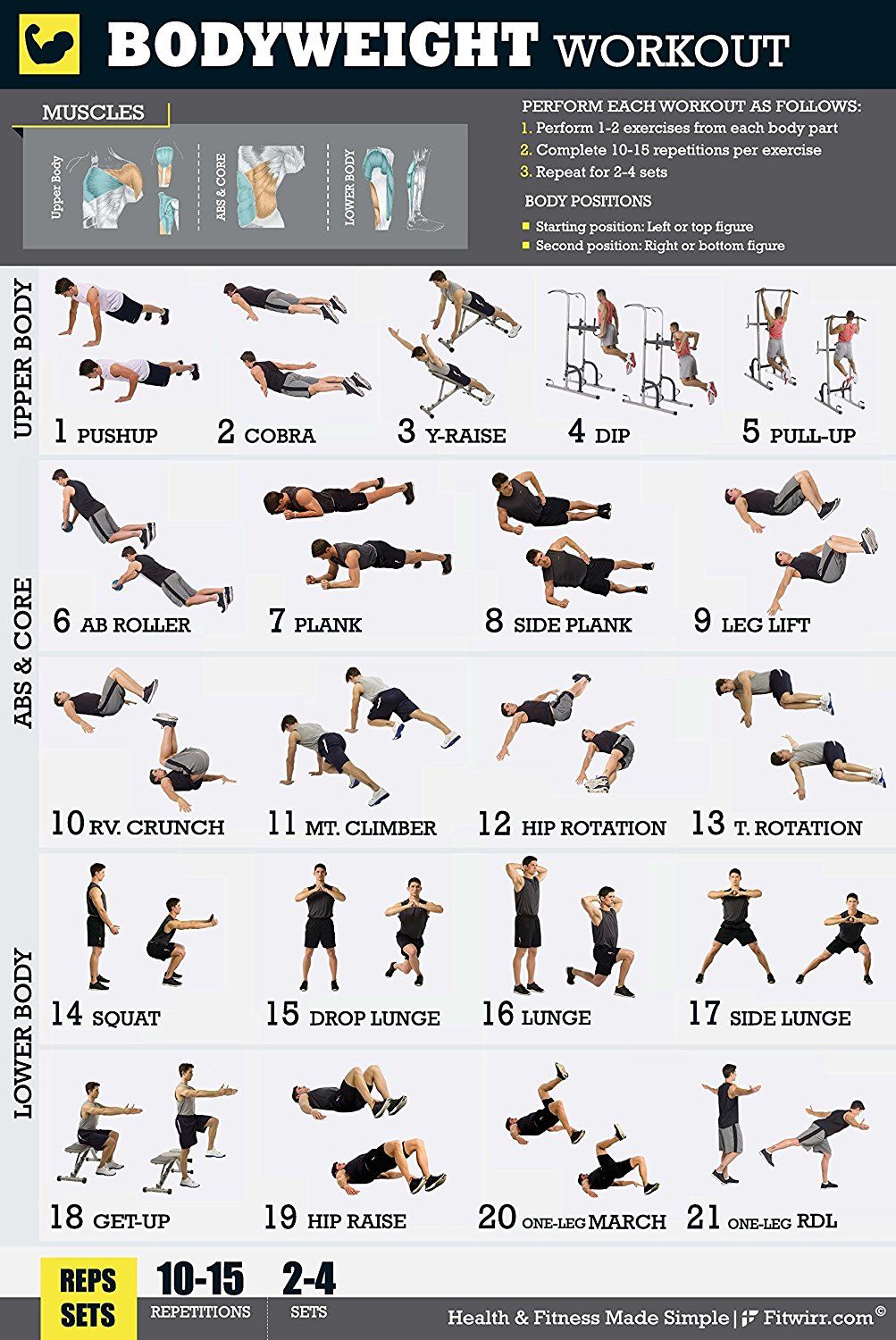
Atlanta has many job opportunities for Personal Trainers. Personal trainers plan a routine for clients, and they teach correct form and posture when exercising. Many also educate clients on nutrition and good sleep habits. A Personal Trainer's goal is to help clients achieve their fitness goals.
Average base salary
Personal trainer jobs in Atlanta, GA can be highly lucrative. Atlanta is a top city to be a personal trainer. In addition to good salaries, Atlanta has a great quality of life for its residents. Both new and experienced trainers will find this city very appealing. To make a decent income as a Atlanta Personal Trainer, you will need to have the proper training.

Atlanta, GA salaries for personal trainers are $18,319 to $91,573 annually. Atlanta, GA's personal trainers earn an average of $51,879 per a year. This means that the average tax burden is 22%, and Georgia's state tax is 6%. This would mean a take home salary of $42,310 per annum or $1763 per paycheck.
Total cash compensation
There are many levels of personal trainer jobs available in Atlanta. These positions have an average salary of around $21,836, although some may make more. Other types of positions include Principal Trainer, Diversity Trainer, and Technical Trainer. Personal trainers may also work in schools or with nonprofit organizations.
This data is based off bi-monthly payments. It also includes tax rates for federal and states. It is important to remember that tax rates may vary from one jurisdiction to the next. This information is not intended to be a comprehensive salary guide or to suggest a specific salary. It is a rough guideline to possible salaries and should not replace professional advice.
Many independent contractors set their own rates. Some may charge $100-150 for each session, while others might charge as low as $40. The pay can vary widely depending on the type of employment and the area.

Working hours
Personal trainer jobs in Atlanta could be the right choice for you if you are looking for a fulfilling career with minimal work hours. A personal trainer is responsible for creating and executing a program that works for clients. Personal trainers teach clients how to maintain proper posture, form, nutrition, and engage in physical activity. A personal trainer can also help clients with their sleep habits and nutrition needs. A personal trainer will create a program that meets the specific needs of their clients, based on their goals.
FAQ
How Can I Get Started With Fitness?
Start small. You can start by taking 10 minutes each week to walk around the block. This will show you how to move and give your muscles the time to adjust. Once you've mastered this simple form of exercise, try adding more steps to your daily routine.
What are Cardio Exercises?
Cardiovascular activities are any exercise that makes your heart work harder than normal. Examples include jogging, swimming, bicycling, rowing, and dancing. These activities can help you lose weight and speed up your metabolism. They are also great ways to keep fit.
What happens to me if I don’t sleep enough?
Your brain won't receive enough sleep if it doesn't get the signals it needs to regulate hormones, chemicals that regulate appetite and metabolism. In turn, this can cause you to eat more and gain weight. You may also feel stressed, which can lead you to overeating.
How many hours of rest should I get each evening?
The amount of sleep that is recommended for each individual depends on their age, gender and needs. Most adults need between 7 and 9 hours of sleep per night. Teenagers and young children generally need around 10 hours of sleep each night. This number decreases as they age.
Which Is More Important: Exercise, Diet, or Sleep?
Your goals will dictate the answer. It is important to lose weight. Exercise is important for building muscle mass. Finally, sleep is the least important factor since it only affects how well you perform during the day.
Statistics
- Globally, 28% of adults aged 18 and over were not active enough in 2016 (men 23% and women 32%). (who.int)
- One study showed that adults who watch more than 4 hours of television daily had an 80% higher risk of death from cardiovascular disease. (heart.org)
- Globally, 81% of adolescents aged 11-17 years were insufficiently physically active in 2016. (who.int)
- Physical activity confers the following maternal and fetal health benefits: a decreased risk of pre-eclampsia, gestational hypertension, gestational diabetes (for example, 30% reduction in risk) (who.int)
External Links
How To
How to Stay Fit at Age 40
This article provides guidance for people who want to keep their bodies strong and healthy, even after turning 40. It covers some basic advice on how to eat right, exercise, sleep well and take care of your mental health. This article offers tips for living longer and more healthy lives.
-
You must eat right - When you want to keep fit, the first thing to do is to eat healthy foods. You should try to avoid processed food products and opt for whole grains, fruits, vegetables, lean meats, fish, nuts, seeds, and beans. Do not eat what you don’t like. You can add another food to your daily diet. You don't have to eat a lot. This won't help you lose any weight. Instead, add small amounts more variety to your daily menu. Try turkey once a week if you usually only eat chicken breast. Try rice occasionally if pasta is your favorite food. Consider including these foods in your daily meals.
-
Exercise - Make sure to exercise at least three times per week. Include cardio activities such walking, running swimming biking, cycling, and dancing. Rest is also important. It is recommended that you get at least 8 hours sleep per night. In addition, make sure you drink plenty of water during the day. Drink 2 liters (0.5 gallon) of water each day.
-
Sleep well - A good night's sleep is key to staying healthy. The National Sleep Foundation says adults need at least 7-8 hours of sleep each night to maintain their physical and emotional health. Most people only get 6 hours sleep per night. Changes in your sleeping habits can make you more tired. It is possible to catch up by making adjustments to your sleep schedule, such as waking up earlier or going to bed later. Additionally, try turning off your phone before going to bed so that you can wind down and relax. Avoid caffeine after noon to avoid insomnia.
-
Take care of your mental well-being - It's important to take good care your mind and keep your body in tip top shape. Stress can lead to unhealthy eating habits, poor lifestyle choices, and poor sleep habits. Therefore, it's important to make sure that you practice stress management techniques such as meditation, yoga, breathing exercises, and relaxation techniques. Try to spend one hour of your free time doing something enjoyable. This could be taking a stroll outside, reading a book or listening to music.
The four above points will make you live longer and more healthy. These four simple steps will help achieve your fitness goals.